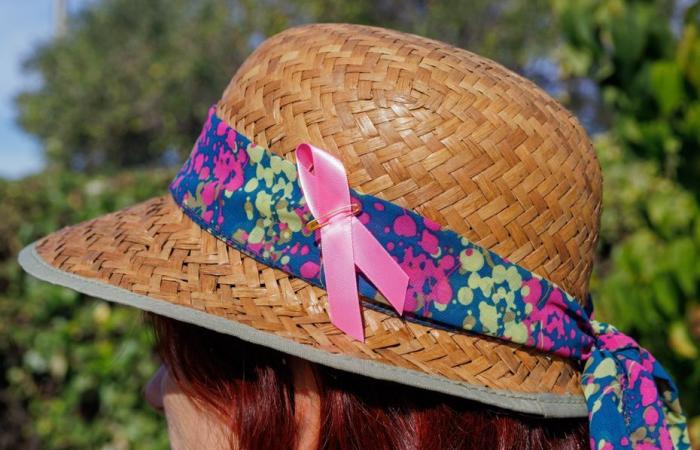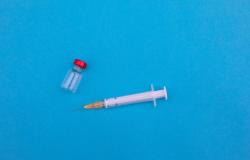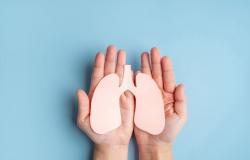
Pauline Poinot, researcher at the University of Poitiers, is developing a new cancer screening technique using a molecule that generates a specific odor in a sick patient. Ultimately, a simple blood test would help detect the disease. In the case of breast cancer, this device would be an alternative to mammography, which only one in two women practice.
Company
From daily life to major issues, discover the subjects that make up local society, such as justice, education, health and family.
France Télévisions uses your email address to send you the “Society” newsletter. You can unsubscribe at any time via the link at the bottom of this newsletter. Our privacy policy
A Poitevine woman is being honored for her research work on breast cancer: Dr Pauline Poinot, teacher and researcher at the Institute of Environmental and Materials Chemistry at the University of Poitiers (IC2MP)is one of the winners of the Pink Ribbon prize which rewards each year projects linked to the prevention, diagnosis and treatment of cancers. She is distinguished for her work on induced volatolomics, i.e., according to the CNRS website, “ua new integrated approach ranging from the detection of tumor markers to the discovery of new therapeutic agents”. His work “allows us to highlight enzymatic specificities of the tumor microenvironment”specifies the IC2MP laboratory website.
The goal is to try to diagnose patients who have cancer by making them generate an odor.
Pauline PoinotTeacher and researcher at IC2MP
Meeting with Dr Pauline Poinot.
Pauline Poinot, teacher and researcher at IC2MP at the University of Poitiers, has developed with her team a concept which aims to diagnose patients who have cancer by making them generate an odor (ICI 19/20, Thursday January 23, 2025 ).
•
© France Télévisions
Marie Radovic: What exactly is induced volatolomics?
Dr Pauline Poinot : It’s a concept that we created at IC2MP with my team. The goal is to try to diagnose patients who have cancer by making them generate an odor. We will inject a molecule called a probe molecule. In the body of cancer patients, it will transform into an odor and we will find it in the patient’s breath. We then transposed this strategy so that it could be used directly with blood samples, which avoids injecting a molecule into patients. So, we’re going to take a blood sample. In this sample, we will put our probe molecule. And, if the patient is sick, then the blood sample will give off a particular smell.
Screening via mammography works, but nearly one in two women do not do it.
Dr Pauline PoinotTeacher and researcher at IC2MP
Marie Radovic: Would that save time in the diagnosis?
Dr Pauline Poinot : Indeed, it would save time. Screening devices with mammography work. That being said, some women will not follow these screening strategies (…). Almost one in two women will not be screened with a mammogram. Finally, blood sampling could be an answer, because it is easy to take a blood sample as part of a screening strategy, just like mammography.
ALSO READ: Breast cancer screening: still too few women are screened (Public Health France)
Marie Radovic: The Pink Ribbon prize that you received is worth €225,000. Concretely, what will this money allow?
Dr Pauline Poinot : With this money, we will pay the salary of a researcher who will work on the project. But also equipment and paying for a clinical study with the Poitiers University Hospital. Testing has not yet started. We are going to work on this study with the clinical investigation center. We will have several hundred patients and healthy volunteers to test the strategy. (…) The deadline is several years away, but we already have a company that has used one of our probes to test it. In England, that is.”
Dr Pauline Poinot was the guest of ICI 19/20 Poitou-Charentes, Thursday January 23, 2025 and was interviewed by Marie Radovic.





